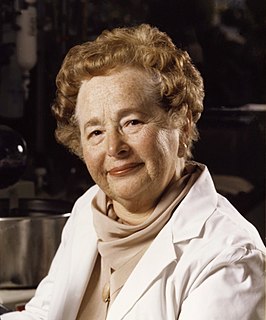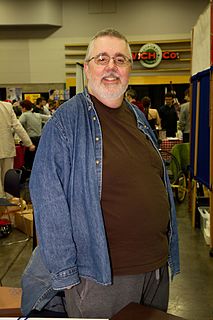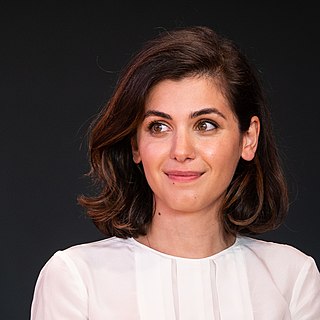A Quote by Susan Orlean
I approach stories as a private educational enterprise: I want to learn about something. I teach myself through research, reporting, and thinking, and then, when I feel like I know the story, I tell it to readers.
Related Quotes
I'm very grateful to be in a position now where I have a lot more control to tell the stories I want to tell. I feel no obligation to tell any one story. I will tell you my interest mostly lies in telling stories about empowered women, but I don't feel it's an obligation. But I do feel like I am servicing a voice.
I think it's a very valuable thing for a doctor to learn how to do research, to learn how to approach research, something there isn't time to teach them in medical school. They don't really learn how to approach a problem, and yet diagnosis is a problem; and I think that year spent in research is extremely valuable to them.
Sometimes the music just has to tell the story without you trying to tell the story. It depends on the type of music you want to make. If it makes you feel good and party then you go with that. If it makes you feel like speaking on something real and doing a story then it's the beat just has to have the story.
It's funny - for a long time, I didn't know I was writing a book. I was writing stories. For me, each story took so long and took so much out of me, that when I finished it, I was like, Oh my gosh, I feel like I've poured everything from myself into this, and then I'd get depressed for a week. And then once I was ready to write a new story, I would want to write about something that was completely different, so I would search for a totally different character with a different set of circumstances.
Some of the songs are inspired by personal things that have happened. Others have been inspired by other people's stories, you know, like someone that witnesses something and so I tell the story through my own eyes. And some songs are just about how I feel about the world and others about the places that we have travelled to.
Is there anyone’s life story you don’t want to know?” “Not really.” His expression was unexpectedly serious. “Because people make a story of their lives. Gains, losses, tragedy and triumph—you can tell a lot about someone simply by what they put into each category. You can learn a lot about what you put into each category by your reaction to them. They teach you about yourself without ever intending to do it—and they teach you a lot about life.
You know when you're hungry and excited and you feel humble about it? I like that. In the past, when things were not clear, I think I wasn't ... I didn't have my feet on the ground as much, maybe, 10 years ago. So I just feel like this is a good place to be now, to feel that you want to tell stories from this place and that you're excited to tell stories from this place because you know what you love. I know what I love right now.
A game: say something. Close your eyes and say something. Anything, a number, a name. Like this (she closes her eyes): Two, two what? Two women. What do they look like? Wearing black. Where are they? In a park. . . . And then, what are they doing? Try it, it's so easy, why don't you want to play? You know, that's how I talk to myself when I'm alone, I tell myself all kinds of stories. And not only silly stories: actually, I live this way altogether.
My reporting in Africa wouldn't be political per se, but it's certainly the point of my reporting - and of a lot of other reporters I know: Human suffering is bad, and if reporting stories about it brings it to light and someone does something, that's part of the point of journalism. And it's a thin line between that and activism, and you have to be careful about that.
...You believe that the kind of story you want to tell might be best received by the science fiction and fantasy audience. I hope you're right, because in many ways this is the best audience in the world to write for. They're open-minded and intelligent. They want to think as well as feel, understand as well as dream. Above all, they want to be led into places that no one has ever visited before. It's a privilege to tell stories to these readers, and an honour when they applaud the tale you tell.
My short stories are so character-based and they're also so private. They're like a private world in each story and I'm getting more and more interested in allowing myself to investigate the big picture about this country, and about human beings, and about the planet, and about the solar system, and about the nature of the material world in general. And I felt like I needed to move into a bigger form.

































